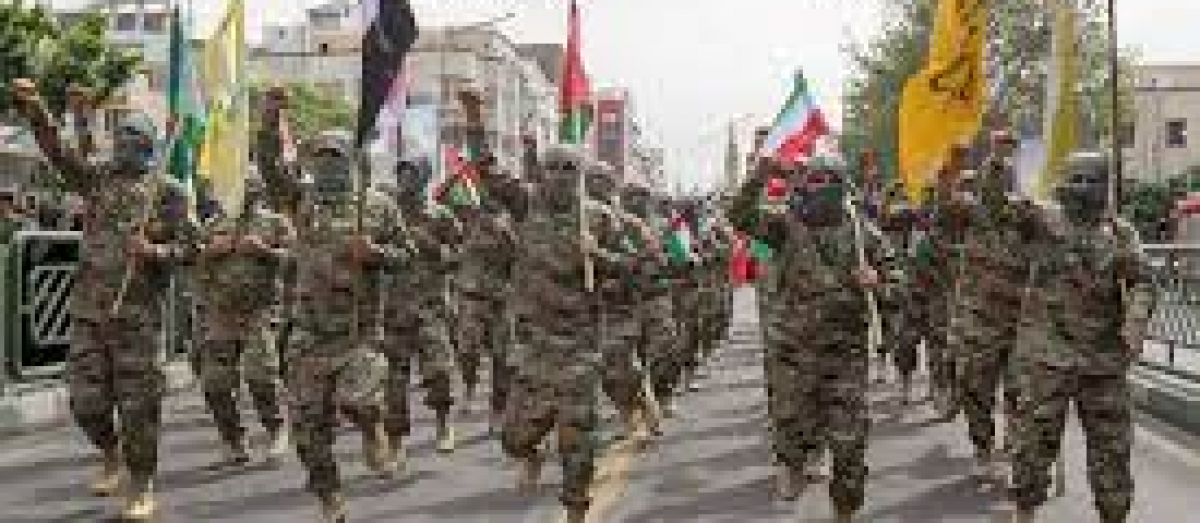Allies:
United States:
- Iraq maintains a strategic partnership with the United States, particularly in the realms of security, counterterrorism, and economic cooperation.
- The United States has provided military support, training, and financial assistance to Iraq in its fight against terrorism, particularly against ISIS. Additionally, the U.S. supports Iraq’s efforts to stabilize and rebuild the country after years of conflict.
- The relationship between Iraq and the United States is crucial for Iraq’s security and development, despite occasional tensions and disagreements over certain policies and regional dynamics.
Iran (to some extent):
- Iraq shares a complex relationship with Iran, marked by historical, cultural, religious, and economic ties, as well as geopolitical considerations.
- While Iraq and Iran fought a devastating war in the 1980s, their relationship has evolved since the fall of Saddam Hussein’s regime in 2003. Iran wields significant influence in Iraq through its support for Shiite political parties, militias, and religious institutions.
- Iraq and Iran cooperate on various issues, including security, trade, and energy. However, Iraq also seeks to maintain its sovereignty and balance its relations with regional and international actors, including the United States and Gulf Arab states.
Enemies:
ISIS (Islamic State of Iraq and Syria):
- Iraq considers ISIS, a terrorist organization, as a formidable enemy due to its brutal tactics, territorial ambitions, and atrocities committed against Iraqi civilians and security forces.
- ISIS seized large swathes of Iraqi territory in 2014, leading to a protracted conflict with Iraqi security forces and international coalition partners. Despite significant territorial losses, ISIS continues to pose a security threat through insurgency and terrorist attacks.
- Iraq has received military support from the United States and other international partners in its fight against ISIS, aiming to eradicate the group and restore stability to the country.
Certain Kurdish groups:
- While Iraq maintains overall relations with the Kurdistan Regional Government (KRG) in northern Iraq, tensions exist between the central government in Baghdad and certain Kurdish groups, particularly those advocating for Kurdish independence or challenging Baghdad’s authority.
- Disputes over territory, resources, and governance arrangements have led to occasional confrontations between Iraqi security forces and Kurdish Peshmerga fighters, particularly in areas like Kirkuk and disputed territories.
- Despite these tensions, efforts have been made to resolve differences through dialogue and political negotiations, aiming to maintain stability and territorial integrity within Iraq.
Remnants of Ba’athist loyalists:
- Iraq continues to face security threats from remnants of Saddam Hussein’s Ba’athist regime, including loyalists, insurgents, and militant groups opposed to the post-Saddam political order.
- While the Ba’athist regime was toppled in 2003, some elements remain active in armed resistance, insurgency, and terrorism, seeking to undermine Iraq’s stability and security.
- Iraqi security forces, with support from international partners like the United States, have engaged in counterterrorism operations to target Ba’athist remnants and other extremist groups, aiming to prevent their resurgence and ensure Iraq’s security and stability.

